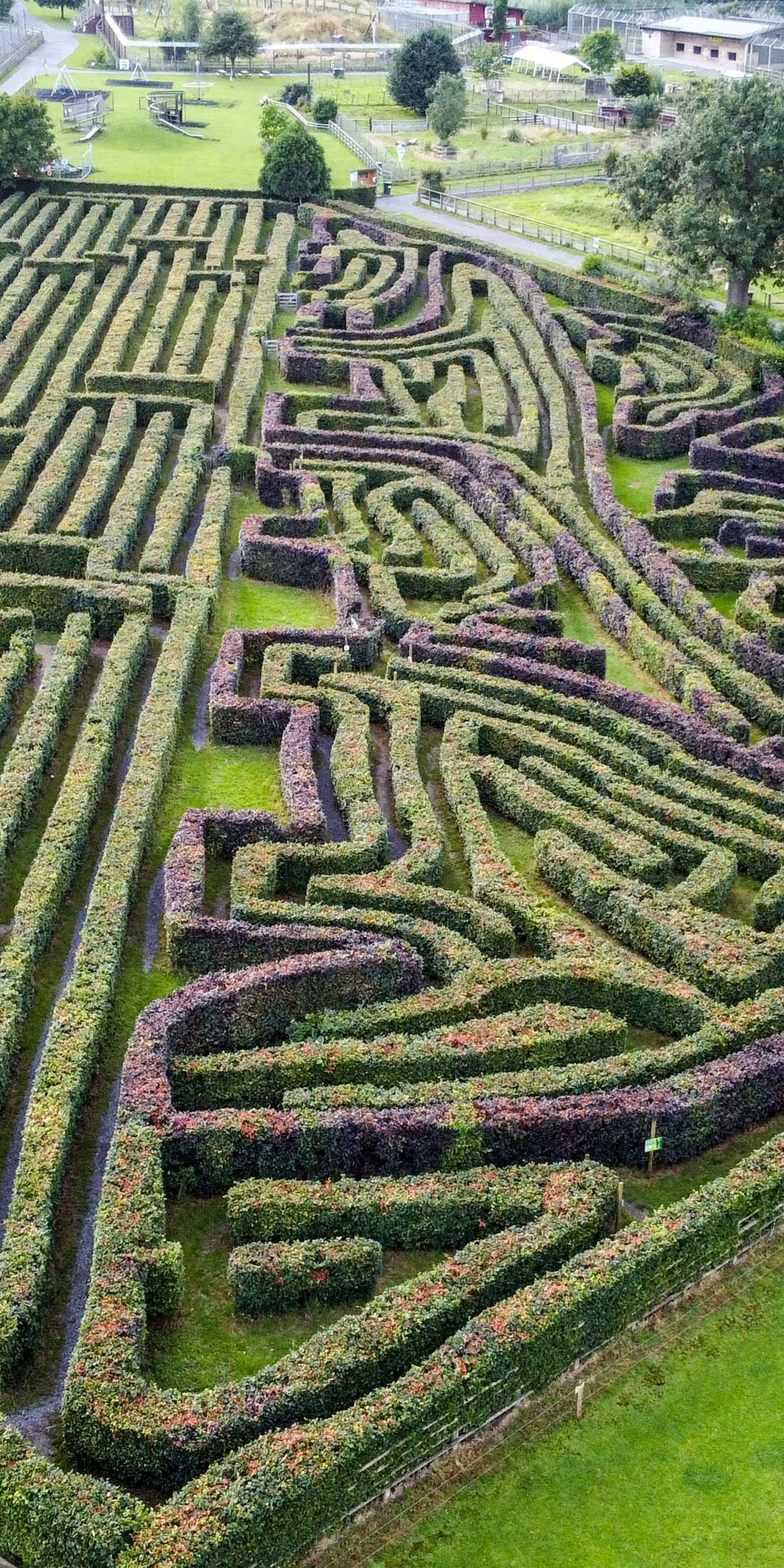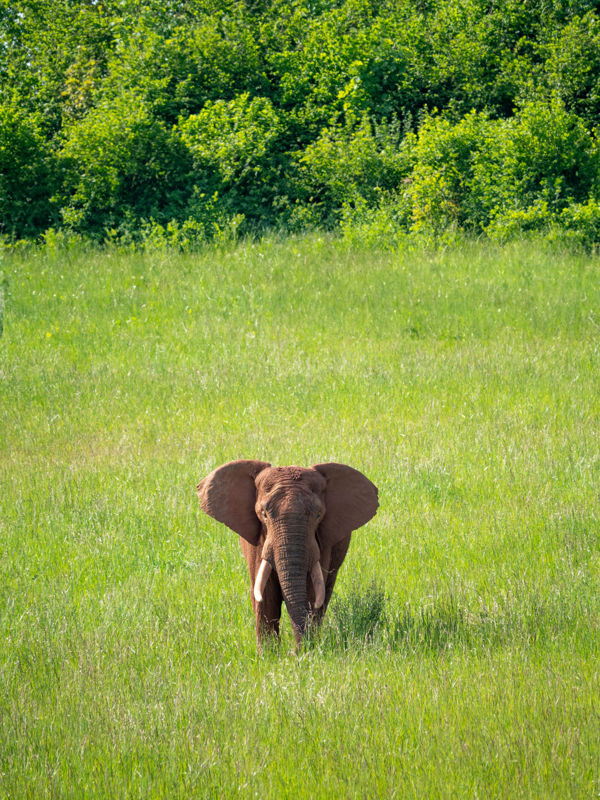The wonderful (and often quirky) world of zoos!
Most of us have fond memories of going to the zoo, usually a snapshot of a childhood visit where we saw an exotic animal for the first time. But did you know, 25 million people visit UK zoos and safari parks every year? That's an eye-opening 40% of the population. So, zoos are certainly a feature of UK leisure time. With schools increasingly looking for fun, safe, educational trips which will give their students a positive learning experience outside of the classroom, zoos often feature in their yearly program. Recent studies have shown that a zoo visit can have a positive learning outcome for students - important to consider in an age when there are (justifiably) varying views about the value and ethics of keeping animals in captivity.
Zoos done well can be scientifically important, welfare-improving homes for exotic animals, giving people from all walks of life a chance to see the natural world conveniently close-up without having the (sometimes un-affordable) cost of travelling abroad or on safari. On the flip side, poorly run zoos with questionable housing and animal management present a sad face of animal keeping which quite rightly draws strong criticism from champions of animal-rights and welfare. There is much debate about whether zoos are good or bad. Here at Noah's Ark, our moto is fairly simple. We love animals, and our visitors. Watching the excitement of a child seeing an elephant for the first time, up close and with time to stop and stare is a real privilege of ours and we strive to provide these important experiences whilst giving our animals first-class conditions and care. Looking after a zoo full of lions, tigers and bears (amongst 100 others!) we must provide first for the needs of each animal - understanding its biology and behaviour, as well as its unique character. This is where our team of knowledgeable Keepers come into their own - animal keeping is not a standard 9-5 job, the animal comes first and this may mean night-time feeding of newborns, emergency medical procedures or careful monitoring of CCTV in the small hours to check behaviour!
With a range of complex exotic and domestic animals housed in vastly different habitats but in the same grounds, coupled with visitor attractions, shops, cafes and facilities; the concept of a zoo is fundamentally quite unusual..! To make the case for the wonderful, if sometimes quirky, world of zoos - here are a few zoo-facts you might not have known about before..
- in the UK, zoos began as menageries: wealthy royalty would present a collection of exotic animals from their travels for common-folk to see. For example, the Tower of London was home to lions from early 1200s courtesy of King John. (As an entry fee, London peasants were invited to bring stray cats and dogs along as lion-food for admission to see the collection! No wonder this period of history was known as the Dark Ages...! Phew..)
- zoos developed with the help of private animal parks owned by wealthy landowners, again often with animals collected on foreign travels and working with circus companies who would bring exotic animals in from abroad. The estates were then opened up to paying public - most UK safari parks you'll know of today started this way.
- zoos don't usually buy and sell animals, a popular misconception! Zoo managers will work closely with other parks to re-home species at another zoo depending on the needs of breeding units and the individual animals within them.
- each species found in European zoos will have a overall 'management program' coordinated by a specialist Keeper or researcher based at one park or zoo. These are called Studbooks, with those of special conservation interest being managed in European Endangered Species Programmes (EEPs). Working together, zoos holding the relevant species will contribute to research and building a better knowledge base for the animal, helping us care better for them in captivity.
- mixed exhibits - different species can sometimes live together in zoos, particularly if they would share the same environment in the wild. But sometimes unusual pairings of animals work, and provide companionship.. like the friendship between Gerald the Giraffe and Eddie the goatat Noah's Ark some years ago!
- animals do weird things..! Like us, animals are quirky and surprising. Sometimes zoo animals do something out of character, very cute or highly amusing, and in the day of social media and YouTube these often make international news. Bristol Zoo's male gorilla Komale got a loyal following of fans around the world after being seen stroking a duckling he found in his enclosure.
If you haven't visited a zoo before, or it's been a while - why not check out your local zoo? And if you're local to us, we'd love to welcome you to our park. Home to the big zoo animals and set in 100 acres of beautiful countryside, its a perfect family day out in Bristol. Starting planning your visit today.




